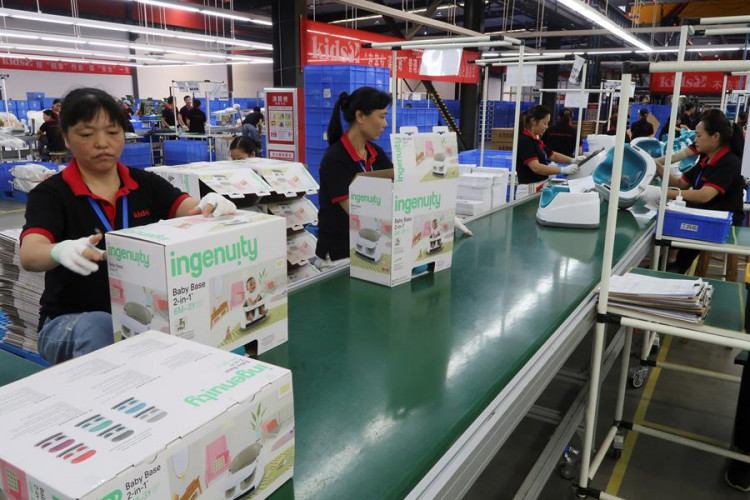China, the world's second-largest economy, took a hit for the month of August as its factory gate inflation shot up and hit a 13-year high.
This latest economic crisis being faced by the Asian giant is said to be caused by soaring prices of raw materials despite Beijing's efforts to control them. As a result, more pressure is now being applied to manufacturers, putting one of the world's economic superpowers in a tight spot.
According to information shared by the country's National Bureau of Statistics, China's producer price index (PPI) grew by an impressive 9.5% as compared to where it was in August last year. The growth rate was even faster than what was reported in July, which stood at 9.0%.
Data also indicate that this is by far the fastest pace as far as inflation is concerned since August of 2008.
The Chinese economy, after being on a slump last year as a result of the COVID-19 pandemic, managed to recover strongly. However, recently, it has been losing steam because of domestic virus outbreaks, high prices of raw materials and the ongoing campaign to reduce carbon emissions as well as tighter property curbs.
One major factor for China's factory-gate inflation this year is the observed increase in commodity prices in the country. The Chinese government has already tried implementing targeted steps to deal with it such as boosting supplies and exerting more effort to stop massive hoarding practices but so far has been unable to achieve significant results.
Dong Lijuan, a senior statistician at NBS, made mention of prices of products like coal, chemicals and steel as the major contributory factors for the surge in PPI.
In recent months, commodity prices in China have been soaring high and it has been hurting the bottom lines of almost all mid- and downstream factories.
Just last Tuesday, the country's coal prices hit a record high mainly because of supply concerns due to the looming fresh rounds of safety checks to be implemented at major coal regions.
Also, for five straight months, income at industrial companies in China have also shown significant signs of slowing down, adding more economic woes for the nation.






